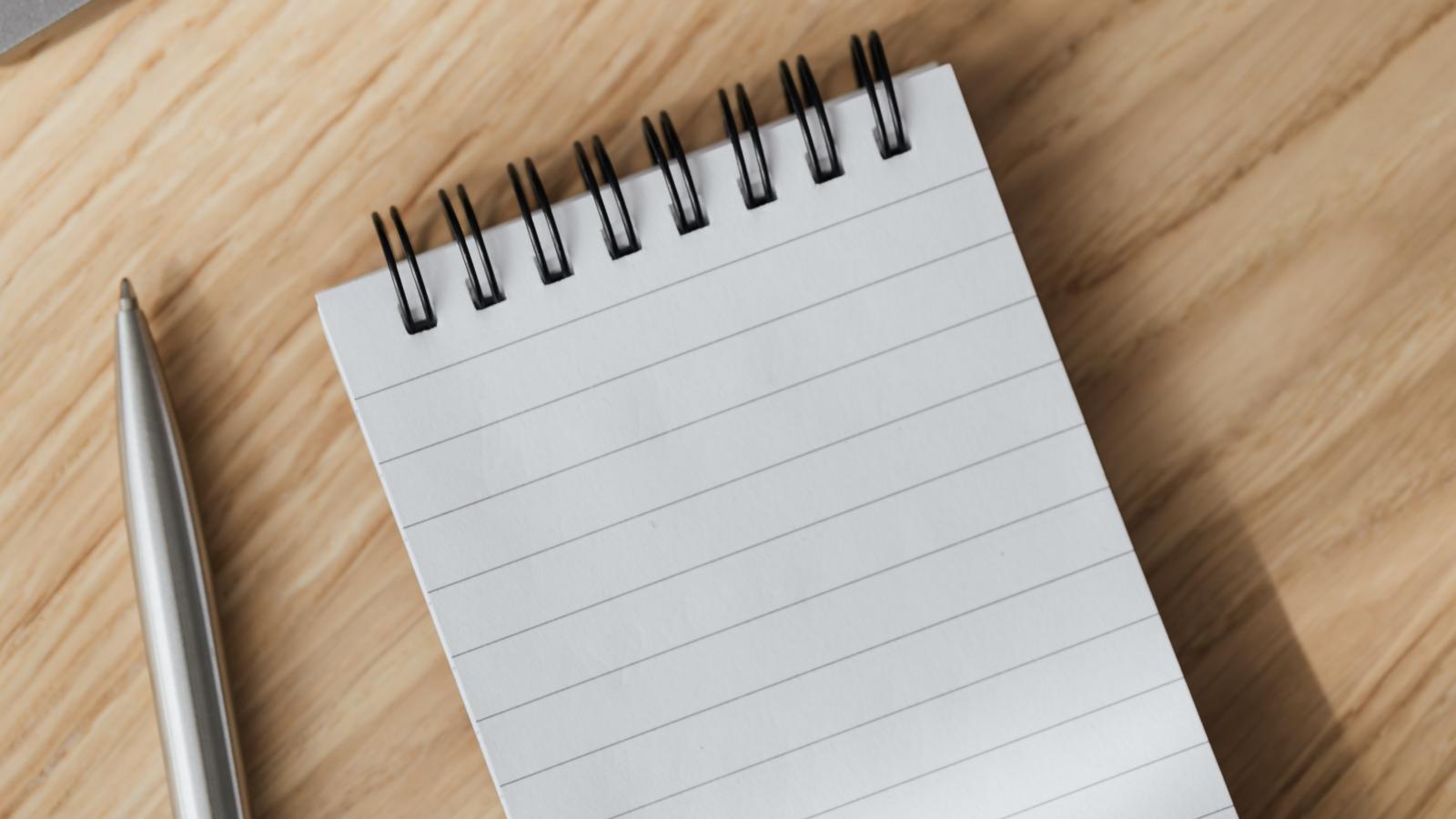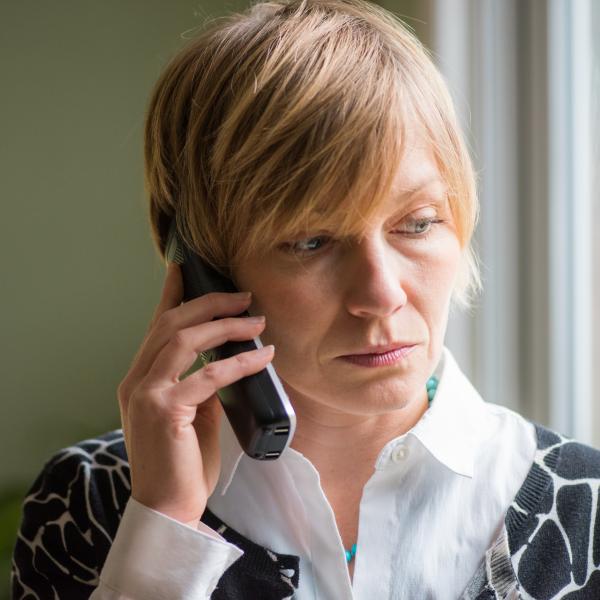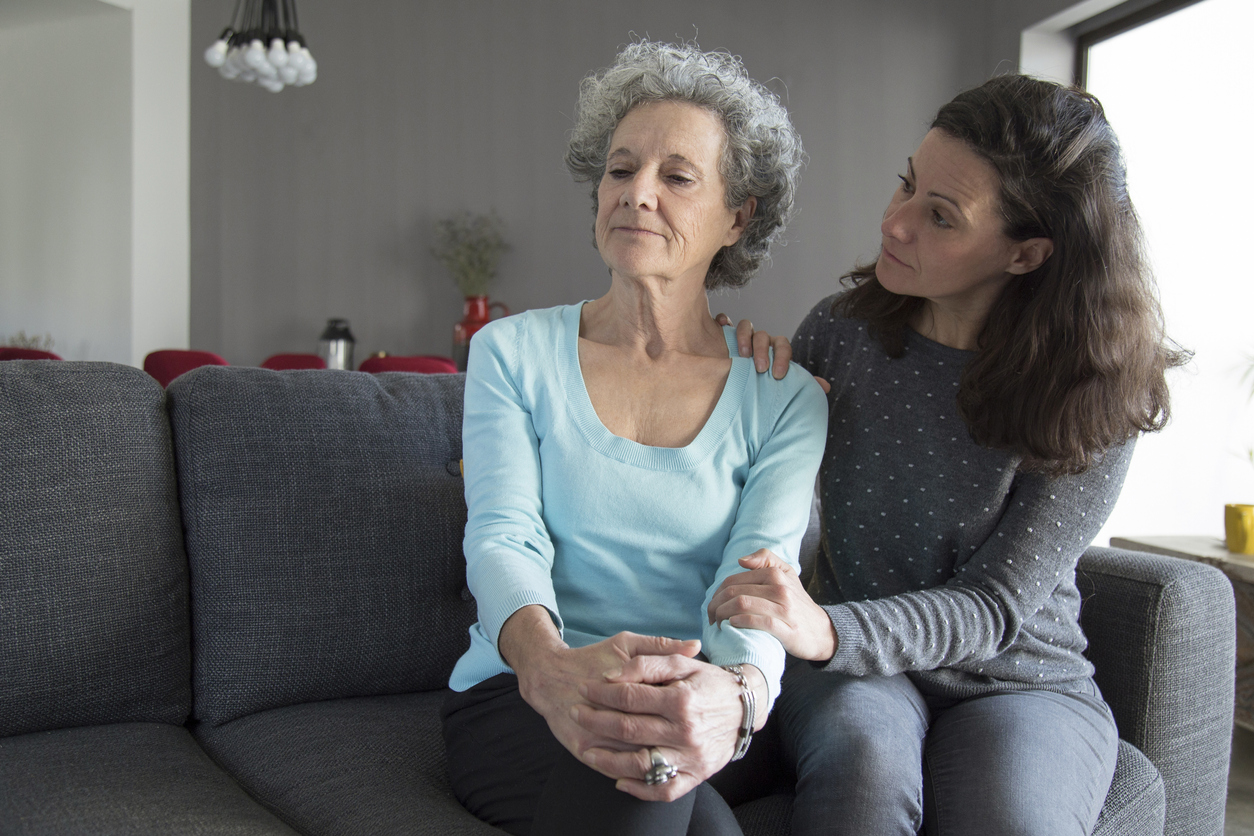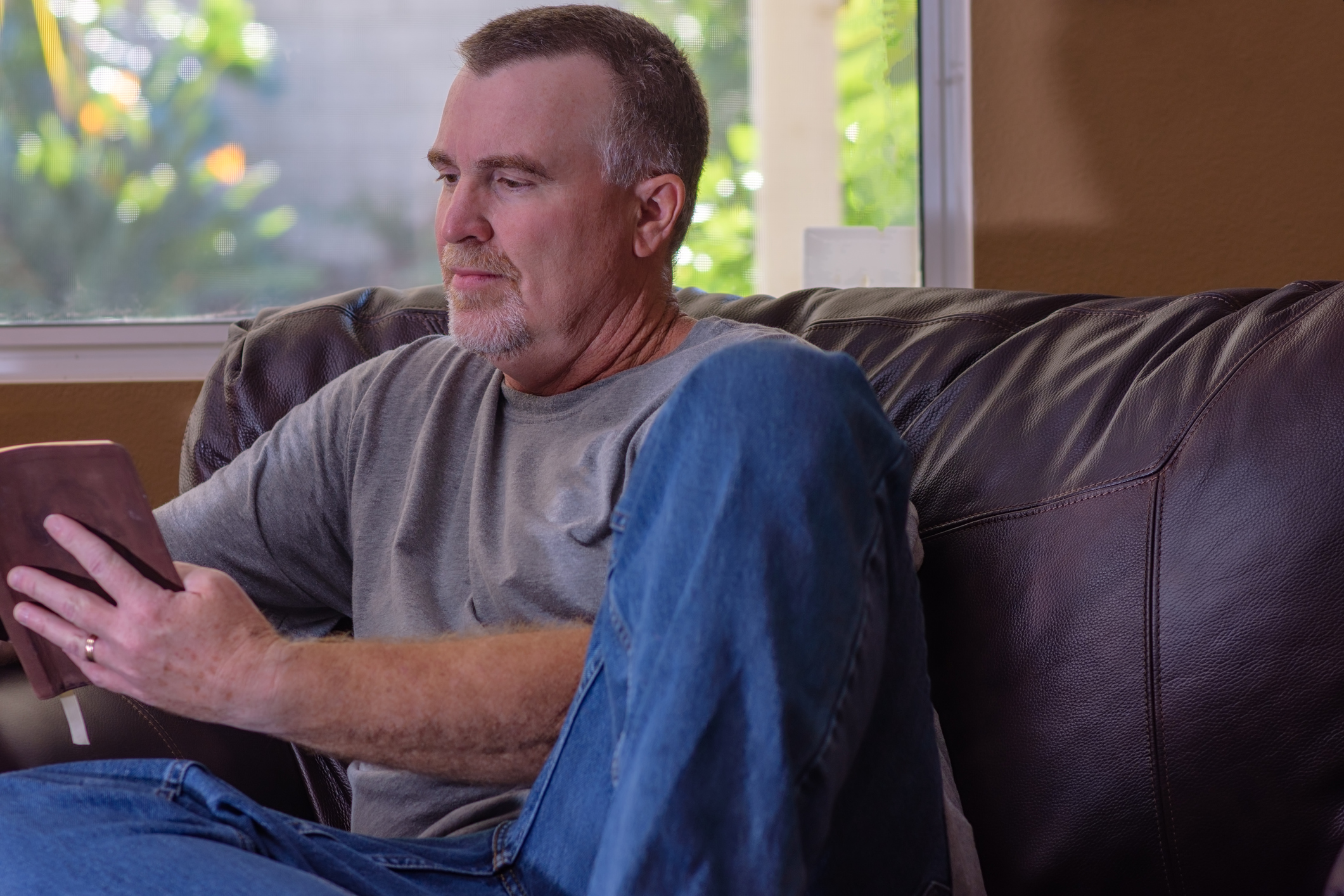Preparing for your hospital appointment

Preparation is key to getting the most out of your hospital appointment. Being prepared also helps the doctors and nurses get all the information they need – and plan the next steps in your care.
Before your appointment
- Write down a list of questions and things you would like to discuss.
- Know where you are going and plan your journey. Build in extra time for unexpected delays, such as parking.
- Dress in warm comfortable clothes and shoes – sometimes you can be waiting around for a while. Layers are best, as the temperatures in hospitals can vary a lot. Loose-fitting clothing will be easier to manage if you are having your blood pressure taken, blood tests or a physical examination
- Try to drink some clear fluids (water or juice without pulp) if you are having a blood test and you're not fasting. This can make it easier for the nurse or doctor to find a vein.
- Check with the hospital if it is okay to bring someone with you. Ask a friend or family member to go along for extra support.
What to take to your appointment
Put together a list of things you might need to bring for your visit, including:
- Your medical card, if you have one
- Your private health insurance details, if you have it
- The appointment letter from the hospital, if you got one
- A referral letter or GP letter, if you got one
- Your GP’s name and contact details
- Your medical history – remember, your doctor will likely ask you lots of questions so it’s a good idea to have everything written down beforehand
- Your list of questions
- A notebook and pen to take notes (Some healthcare professionals/nurses may be happy for you to record the meeting, but make sure you ask for their permission before doing so.)
- A list of your medications or the medication itself – ask your pharmacist to print off a list of your medication. Hand-written lists can be inaccurate.
- Date of when your prescription is due, so you can ask for a prescription before you leave, if needed.
- Medications you may need that day, in case you are delayed
- A light snack and drink if you are likely to have to wait for some time and you're not fasting.
- Your phone
- Your glasses and hearing aid, if you use them
- A book or something to listen to (including headphones) to pass the time while you wait
Before leaving the appointment
- Make sure you feel satisfied that your questions were answered and that you have written down what you need to know
- Make sure you know what will happen next
- Ask for the name or number of someone you can contact in case you have further questions
- Ensure you are booked in for your follow-up appointment before you leave
After the appointment
- Arrange any tests in advance of your next appointment as soon as you can, for example, a blood test – if your healthcare professional has asked for it

Note: If you have to cancel your appointment…
If you are unable to attend your appointment, contact the hospital in advance and they will try to arrange a new appointment for you. If you don’t go to your appointment or contact the hospital, you may have to return to your GP and go back on the waiting list for a new appointment.
For more information
Phone
1800 200 700


